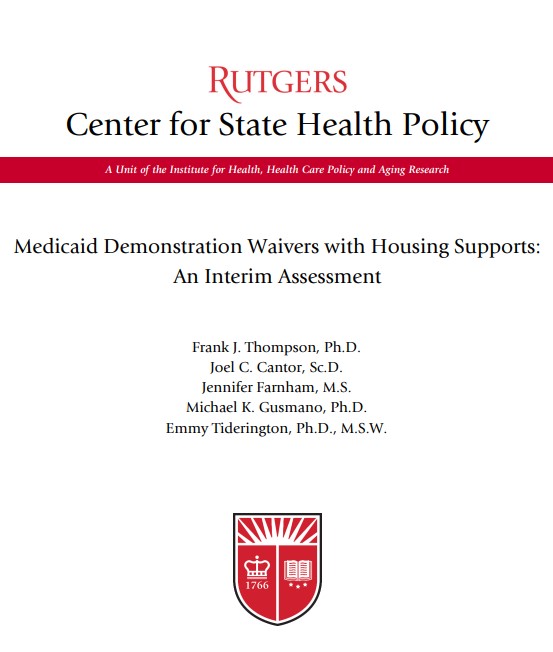Some of the least healthy and most costly Medicaid enrollees are homeless or precariously housed. This is because homelessness and poor health are inextricably linked, with chronically homeless people having significantly shorter than average lifespans. Living on the streets often means living with serious health issues—including traumatic injuries, infections and infectious diseases, heat strokes or hypothermia, and illnesses related to substance abuse. Using federal 1115 waivers, some state Medicaid programs are experimenting with housing supports for enrollees who are homeless or precariously housed as a way both to improve their health and reduce their medical expenditures. This report—the first resulting from research examining the implementation of Medicaid housing support demonstrations in four early-adopter states—describes preliminary observations regarding program design in three states—California, Maryland, and Washington. While the waiver pilot programs are complex and their details differ significantly, two design options stand out: the use of local governments vs. a single third-party contractor to administer the pilot programs.
